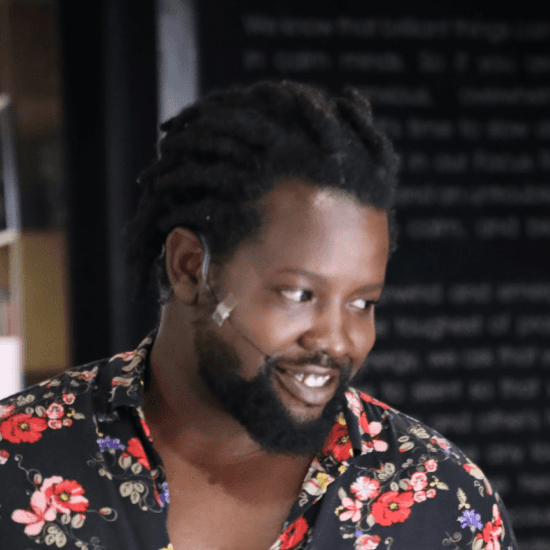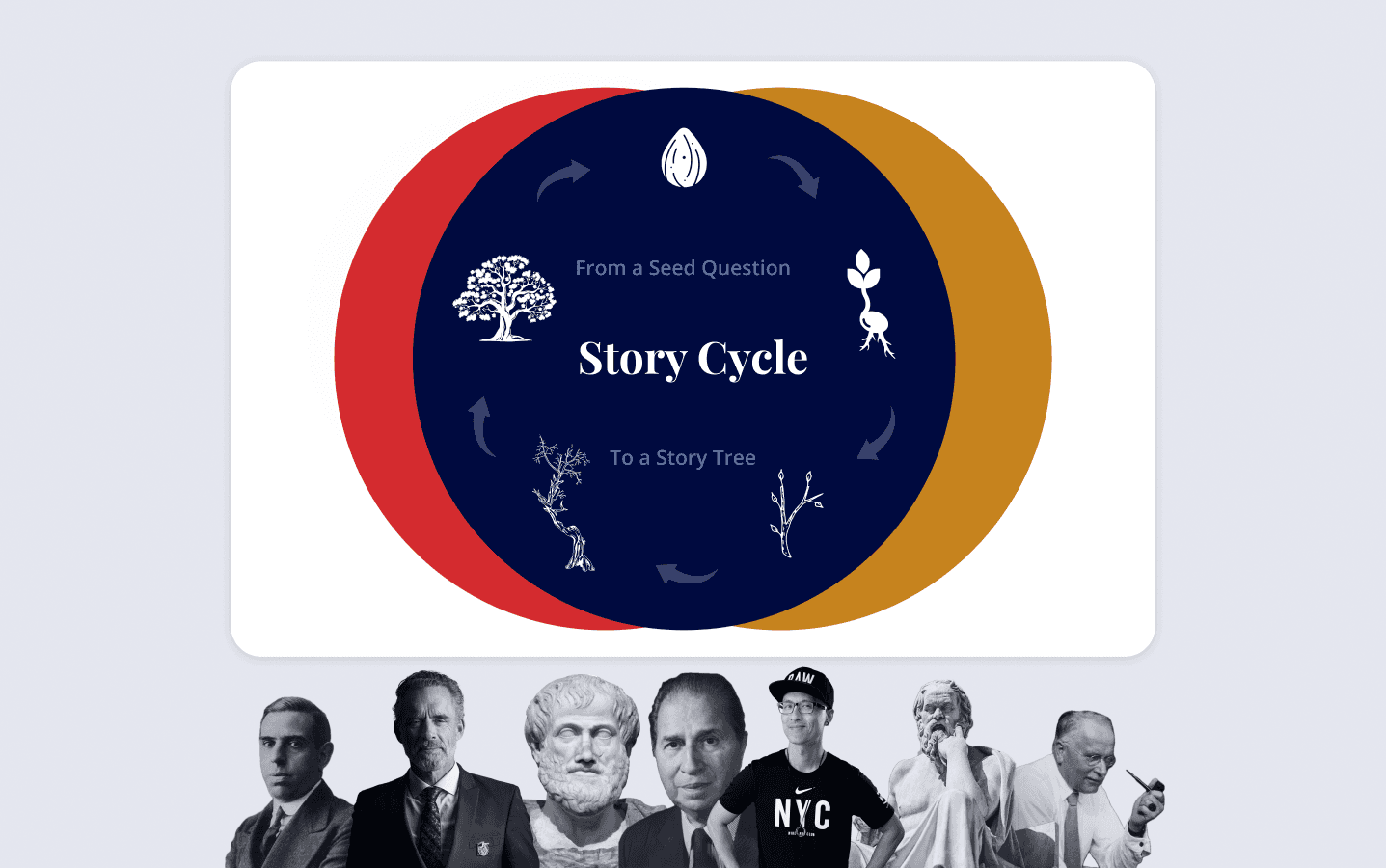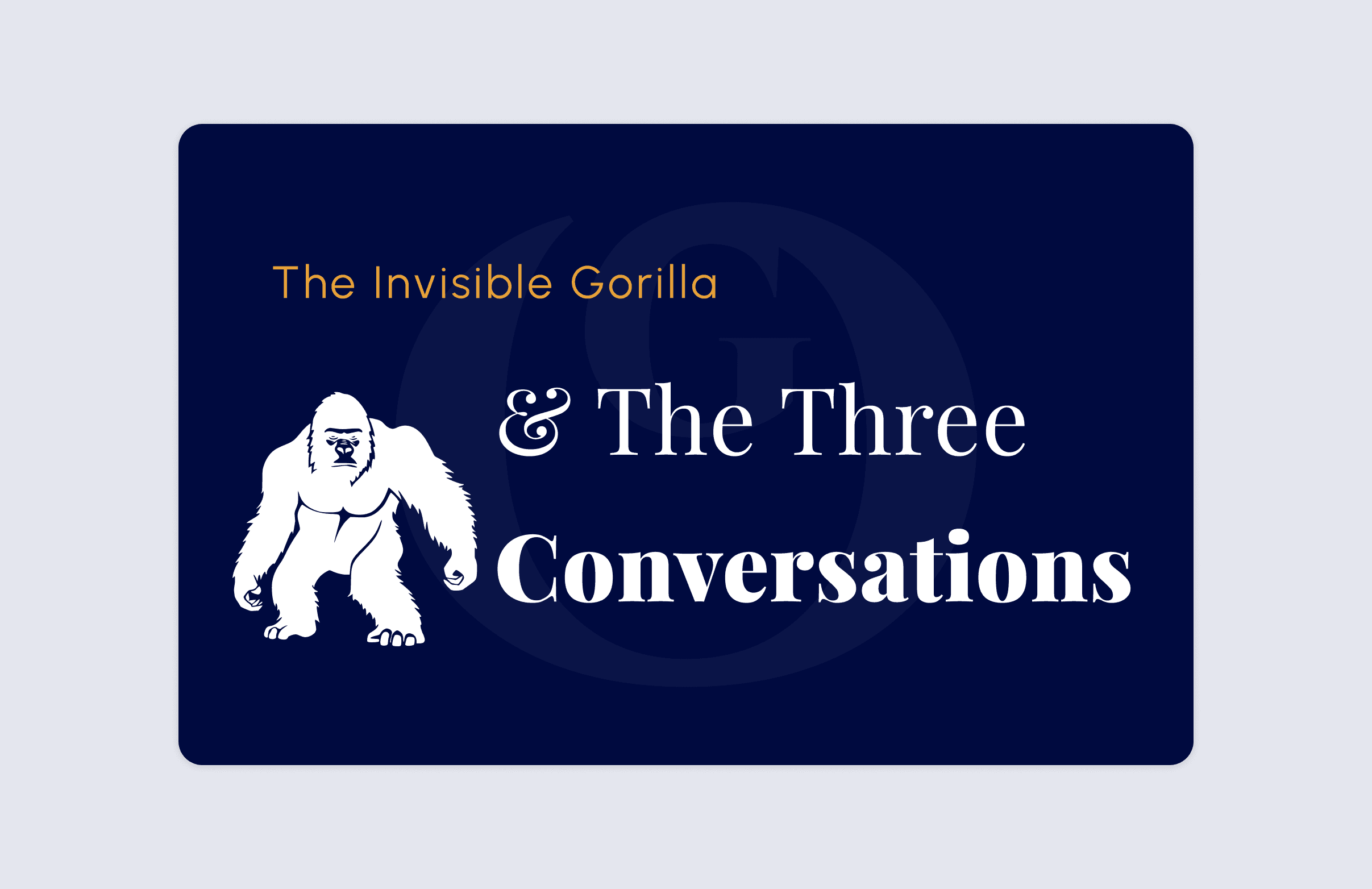
Founder
Wonderful news, and the dreadful sentence:
“I GOT ACCEPTED!!! I can't wait to tell someone—it's finally happened. I'd been accepted to speak at TEDx Pretoria 2022, and I was over the moon. This elation lasted a couple of hours before reality set in: I had to write a speech about education, the category I'd selected. So what did I do? I immediately fell into the trap that so many speakers, storytellers, and creatives have stumbled into before me. I proceeded to watch every TED Talk I could find on education. There's nothing in the world that will stop you in your tracks faster as a speaker than comparing yourself to some of the greatest orators in the world before you've even decided where to plant your flag.
I'd like to share with you how I went from being absolutely terrified by the brilliant Sir Ken Robinson, who speaks about the folly of modern education and how schools kill creativity, to feeling overwhelmed by the innovative leaps made by Sal Khan and Khan Academy, opening the doors of learning to millions around the world. And here I was, little old dropout me, trying to tackle the same topic as these giants. In this piece, I'll take you through my journey from crippling fear to eventually feeling good enough to give a TEDx talk that remains my greatest speaking achievement to date. But before we dive into my journey, let's explore why many of us get stuck in the first place.
Why Do We Get Stuck?
Decision Paralysis When Picking a Topic:
One of the biggest mistakes we can make when seeking inspiration for a new talk is to focus solely on other well-polished speeches. Why is this a mistake, you might ask? Well, it's like wandering into a forest and fixating only on the tallest, most majestic trees for inspiration in our own gardens. When we do this, we're seeing just the end result, without considering the time, circumstances, and process that went into their growth.Instead of being intimidated by these towering oaks of oratory, start with your own tiny seed of an idea.
Remember, every grand oak began as a humble acorn. Your unique perspective, no matter how small it might seem now, has the potential to grow into something truly remarkable.
So when the voice of doubt starts whispering, "What topic do I know enough about? Why is it important? Who will care?", remind yourself that every great speech once started as a simple, curious thought. Embrace the process of growth and discovery. Focus on nurturing your idea with research, reflection, and passion.
Overwhelmed by Knowledge: A Speaker's Dilemma
With a vast amount of information at your disposal, distilling complex ideas into a coherent theme can feel like drinking from a fire hose. There's a common misconception that being a compelling speaker requires you to know everything and sound like an expert. Too many times, I've had to go back to the drawing board for a speech I'm planning because I'm trying to fit way too much into a single sitting. But storytelling, especially when delivered through the spoken word, isn't about dumping a broad set of information on your audience. It's about resolving conflicts or contradictions within a focused narrative.Fear of Being Wrong: How Socratic Questioning Helped Me
Worrying about how your ideas will be received can lead to hesitation and self-doubt. It's tempting to believe we need to tell the audience something new and undiscovered, making it hard to choose a topic that's both interesting and within our expertise. This was, for a long time, my biggest struggle as a speaker. This changed for me when I discovered the power of Socratic questioning, which Socrates never claimed to have the final answer but asked profound questions. You too can earn the right to stand on stage by being brave enough to ask difficult questions, do the research to explore both sides of the story, and share your perspective."
The Seed Question: The Key to Overcoming the Blank Page
Now that we've identified these common obstacles, let's delve into a strategy to overcome them: the Seed Question. This is the heart of your narrative, the core around which every other story element will orbit.
Why is the Seed Question Important for Speakers?
Every compelling story begins with a compelling question. This question hooks your audience and illustrates the benefit of engaging with your story. It's the foundation upon which you'll build your entire narrative.
Reflecting on my TEDx experience, I realized the importance of anchoring my talk with a central question. As I sat in my room, racking my brain on how i could condense a 45minute meandering and aimless story into a tight 15minute I realized I needed something to ground my talk. That's when I formulated my seed question:
"What should education look like when knowledge is no longer a scarce resource?"
See what I did there? In one sentence, I hooked the audience, hinted at the problem, and promised a journey. That's the power of a well-crafted seed question. It's not just a hook—it's a compass for your entire narrative. As a college dropout who found success through self-directed learning, I was passionate about alternative education paths. My personal experience of feeling stifled in traditional education, yet thriving when I took control of my learning, deeply informed my seed question. It wasn't simply an academic interest—it was a lived experience that I wanted to share and explore.
The Three Aspects of a Great Seed Question

Reflect on Your Lived Experience: Start by exploring your lived experiences that are relevant to your own personal story, with what genuinely moves you. Your story needs authentic emotion to flourish and connect with thee audience. Think about issues, themes, or questions that engage or trouble you. What social changes do you feel passionate about? What personal experiences have shaped you?
For the UX designer in you: "How can I design interfaces that adapt to users, not the other way around?"
This question springs from a deep-seated frustration with clunky user interfaces and a passion for user-centric design.
Consider Your Audience: think of questions that resonate with your audience. This involves understanding their shared experiences and interests. Who are you speaking to? What makes them tick? What problems are they grappling with right now?
For our designer friends: "In a world where AI can generate designs, what becomes the essence of human creativity?"
This question acknowledges the elephant in the room—AI's growing capabilities—while inviting designers to explore their unique value.
Look for Universality: The most rewarding seed questions touch on the shared aspects of the human condition. These questions withstand the test of time and reach everyone. Now, let's zoom out. What's the bigger picture? How does your niche topic connect to broader human experiences?
For designers and beyond: "How do we maintain our humanity in an increasingly automated world?"
This question transcends design, touching on universal concerns about technology's role in our lives.
Cultivating Your Seed Question for a Compelling Narrative
Remember, your seed question isn't just a starting point—it's the DNA of your entire talk. It should challenge you, excite you, and maybe even scare you a little. It should be something you're genuinely curious about, something you're willing to explore deeply.
For instance, when I formulated my question about education in the age of abundant information, I knew I was touching on a topic that was both personally significant and universally relevant. It allowed me to share my own experiences while also exploring broader societal implications. Understanding these aspects sets the stage for nurturing your seed question into a full-fledged narrative.
Now, let's put this theory into practice with an interactive exercise. To put this into practice, let's engage in an exercise to develop your seed question further.
From a Seed question onwards
As you nurture your seed question, remember that growth is rarely linear. Your initial question might evolve as you dig deeper into your topic. That's not just okay—it's part of the beautiful process of cultivating ideas.
The goal isn't perfection from the start. It's to find a question that captures the essence of what you want to say while opening up a world of possibilities for exploration. Your seed question is the first step in a journey that will lead you to craft a talk that's not just informative, but transformative. By carefully nurturing your seed question, you'll be prepared to craft a talk that's both impactful and memorable.
In our next section, we'll explore how to take your carefully nurtured seed question and plan it’s journey for growth by defining the root: facts & research, and the shoot: style and from.
Yours in storytelling,
Alfi

Founder


